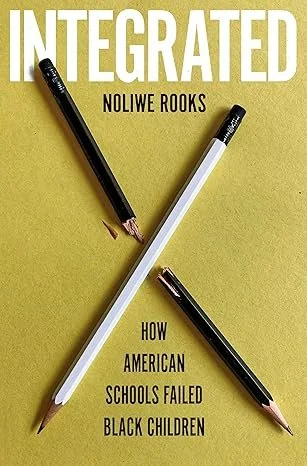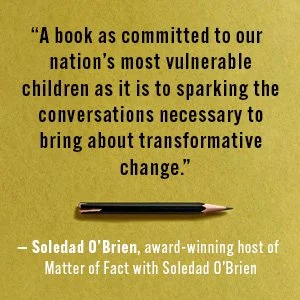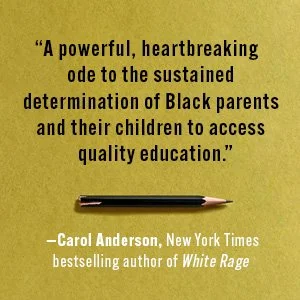 Image 1 of 1
Image 1 of 1


Black Age 2021
HONORABLE MENTION, HARRY SHAW AND KATRINA HAZZARD-DONALD AWARD FOR OUTSTANDING WORK IN AFRICAN-AMERICAN POPULAR CULTURE STUDIES, GIVEN BY THE POP CULTURE ASSOCIATION
A view of transatlantic slavery’s afterlife and modern Blackness through the lens of age
Although more than fifty years apart, the murders of Emmett Till and Trayvon Martin share a commonality: Black children are not seen as children. Time and time again, excuses for police brutality and aggression―particularly against Black children― concern the victim “appearing” as a threat. But why and how is the perceived “appearance” of Black persons so completely separated from common perceptions of age and time?
Black Age: Oceanic Lifespans and the Time of Black Life posits age, life stages, and lifespans as a central lens through which to view Blackness, particularly with regard to the history of transatlantic slavery. Focusing on Black literary culture of the late twentieth and early twenty-first centuries, Habiba Ibrahim examines how the history of transatlantic slavery and the constitution of modern Blackness has been reimagined through the embodiment of age. She argues that Black age―through nearly four centuries of subjugation― has become contingent, malleable, and suited for the needs of enslavement. As a result, rather than the number of years lived or a developmental life stage, Black age came to signify exchange value, historical under-development, timelessness, and other fantasies borne out of Black exclusion from the human.
Ibrahim asks: What constitutes a normative timeline of maturation for Black girls when “all the women”―all the canonically feminized adults―“are white”? How does a “slave” become a “man” when adulthood is foreclosed to Black subjects of any gender? Black Age tracks the struggle between the abuses of Black exclusion from Western humanism and the reclamation of non-normative Black life, arguing that, if some of us are brave, it is because we dare to live lives considered incomprehensible within a schema of “human time.”
HONORABLE MENTION, HARRY SHAW AND KATRINA HAZZARD-DONALD AWARD FOR OUTSTANDING WORK IN AFRICAN-AMERICAN POPULAR CULTURE STUDIES, GIVEN BY THE POP CULTURE ASSOCIATION
A view of transatlantic slavery’s afterlife and modern Blackness through the lens of age
Although more than fifty years apart, the murders of Emmett Till and Trayvon Martin share a commonality: Black children are not seen as children. Time and time again, excuses for police brutality and aggression―particularly against Black children― concern the victim “appearing” as a threat. But why and how is the perceived “appearance” of Black persons so completely separated from common perceptions of age and time?
Black Age: Oceanic Lifespans and the Time of Black Life posits age, life stages, and lifespans as a central lens through which to view Blackness, particularly with regard to the history of transatlantic slavery. Focusing on Black literary culture of the late twentieth and early twenty-first centuries, Habiba Ibrahim examines how the history of transatlantic slavery and the constitution of modern Blackness has been reimagined through the embodiment of age. She argues that Black age―through nearly four centuries of subjugation― has become contingent, malleable, and suited for the needs of enslavement. As a result, rather than the number of years lived or a developmental life stage, Black age came to signify exchange value, historical under-development, timelessness, and other fantasies borne out of Black exclusion from the human.
Ibrahim asks: What constitutes a normative timeline of maturation for Black girls when “all the women”―all the canonically feminized adults―“are white”? How does a “slave” become a “man” when adulthood is foreclosed to Black subjects of any gender? Black Age tracks the struggle between the abuses of Black exclusion from Western humanism and the reclamation of non-normative Black life, arguing that, if some of us are brave, it is because we dare to live lives considered incomprehensible within a schema of “human time.”
Publisher : NYU Press (September 14, 2021)
Author: Habiba Ibrahim
Paperback : 269 pages
ISBN-10 : 1479810894
ISBN-13 : 978-1479810895







